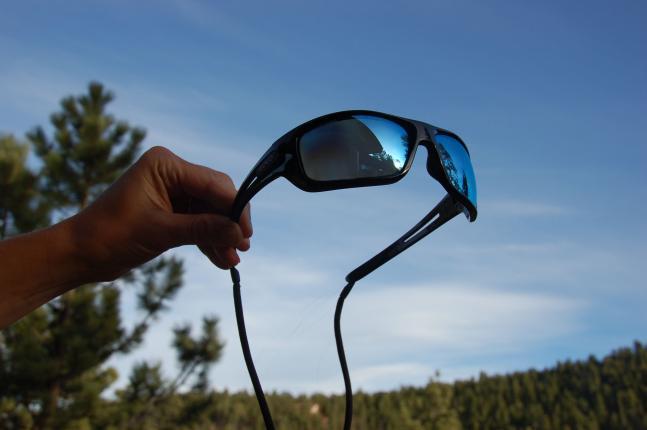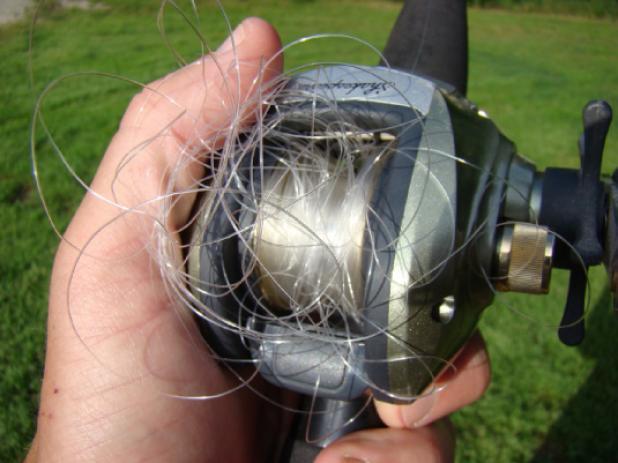Twin Independent Cyl. vs. Manifolded Dbls
Question
Hi Again Mike!
I am getting ready to take an intro class with a wreck diving school which requires two full sized cylinders (at least AL80's - ponys don't count) for all dives to 100 ft. or deeper. They aren't emphasizing tech rigs per se - just a lot of gas, so independent twins are OK. I can find no reason whatsoever to manifold my tanks. Am I mistaken?
Thanks again, Mike!
Tom Healy
Answer
Hi Tom,
The short answer to your question is "No", there is no reason why you can't keep your cylinders separate. However, in the interest of keeping bulk and clutter to a minimum it would make sense to manifold the tanks. You can purchase manifold setups which will permit you to link two independent cylinders so you don't have to construct a permanent setup. I haven't seen one of those in quite a while but I think they're still available. As you know, more gas is better, especially at deeper depths and in the case of overhead environments so your schools requirement makes sense to me.
Having done a lot of wreck diving, I can tell you that you don't want a lot of hanging "clutter" since it makes maneuvering in confined spaces much more difficult. For that reason, manifolding your tanks is a much more efficient means of carrying your air. Otherwise you've got one tank on your back and the other one slung under your arm.
Another issue to consider is whether to have two independent air systems or to manifold the tanks through a single regulator system. Todays regulators are extremely reliable and I don't feel that duplicating the entire system by using two independent regulators is really necessary. There are cave diving enthusiasts who will disagree with me on that one. I think the biggest issue for them is the potential of hose failure. Obviously, being able to completely shut off one system is a way around that.
So, to summarize: Two independent systems gives you redundancy on regulator systems but adds bulk. A single manifold setup streamlines your gear and will make maneuvering much easier but removes the security of a redundant system.
Tom, if the choice were mine, for my introductory course, I'd opt for a manifold system which will link two independent 80's. You will need to modify your BC to handle twins but many BC manufacturers offer a backplate modification kit to handle it. If you decide to make this sort of diving a major part of your underwater time, I'd invest in a dedicated twin tank technical setup. This is a much more secure method of handling your tanks and it will provide a means of shutting off air flow between cylinders as well as the option of attaching two independent regulators with independent shutoff's. That's the best of both worlds but I wouldn't go to that expense until I've determined that deep wreck diving is something I really want to do.
Tom, does your school rent this equipment? If so, that would be the ideal way to take the course. You wouldn't need to invest in a lot of equipment until you're sure you're going to use it.
I hope this gives you enough information to make an informed choice in your gear selection, Tom. I wish you the best in the pursuit of your wreck diving course!!
Regards,
Mike Giles
Mike's Dive Center
mikescuba.com
scuba diving atmosphere
New Dive Shop


